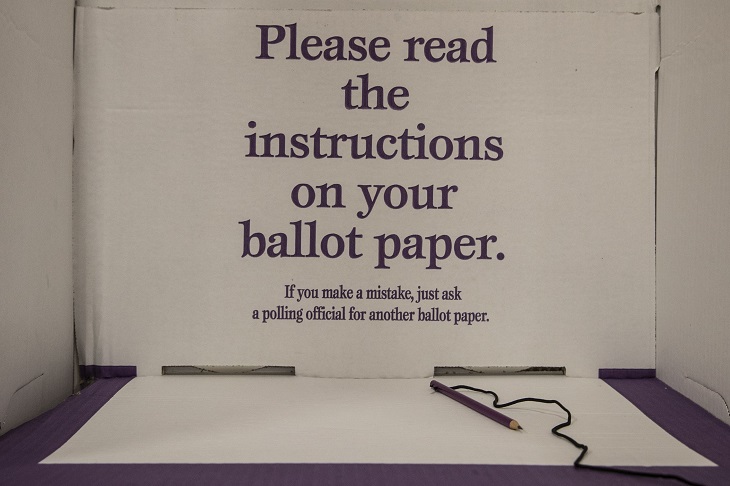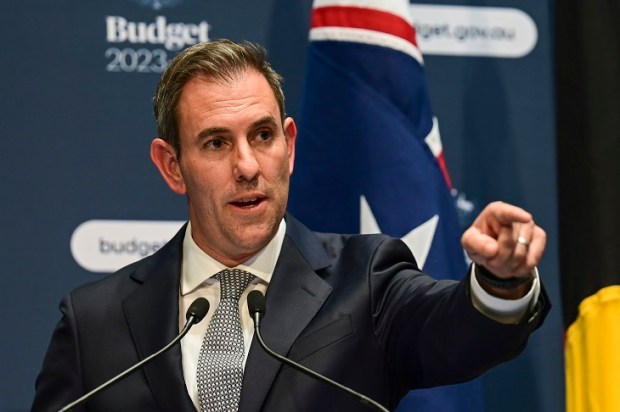Australia is one of only 22 countries in the world that has compulsory voting for all citizens. Out of these 22 countries, only 5 are First World nations and in the remaining 17, I very much doubt adherence to the requirement is enforced, especially if the results are favourable to those in power. One might call the latter a skewed sense of democracy, but let us not digress and instead return to the modus operandi in Australia.
With required and regulated voting in mind, every Australian citizen has an obligation to make an informed choice in an election. The duty is not only to the country, but also to the self, as each and every citizen has an opportunity to take responsibility for the national and international state of affairs.
Nevertheless, I have feared of late that the general population’s political views may have been shaped more by a lack of understanding of politics than by an informed and objective perspective.
This ought to have been expected. We need only look at the national curriculum’s political and historical elements, or lack of, to ascertain why. In recent years, these crucial components that should serve as building blocks to informed thought have been replaced by ‘more relevant’ subjects, such as the importance of gender diversity – a paradoxical assumption in itself.
In a country where voting is compulsory, I believe there is a responsibility for education to match the obligations of the system.
Subjects such as history and political theory should be taught, as well as there being more emphasis placed on the English language. In a world where students are struggling to write, spell, or even understand basic vocabulary, it is no surprise that miscommunication and misunderstanding have become the norm.
When young adults reach voting age, they (at the very least) will be able to understand some of the context in which they are required to cast their votes and make important decisions about the future. This should come through having a better understanding of their own language and political culture. If and only if they have had the benefit of a rigorous education, will this be a possibility.
In countries such as the UK, America, and France, election turnouts sit comfortably at approximately two-thirds of the population. Abstention is evidently the choice for many who feel that they trust in none of the candidates or simply choose not to vote, as they admit to paying no attention to politics. Perhaps these individuals feel they are more responsible in choosing not to vote or to comment on topics they have not researched or thought about in sufficient detail to form an opinion. The idea of free speech being used wisely has unfortunately been lost elsewhere in the world, where free speech used simply for the sake of being heard has replaced what was once the wiser choice, silence.
Let us again, use our neighbours across the Tasman, as the perfect example of what occurs when too little emphasis is placed on education and too much is placed on ‘equal opportunity’ without hard work or accountability.
It was recently revealed by the New Zealand National Party that government expenditure is estimated to reach $128 billion NZD this year under the Labour government, which is $52 billion more than was spent in 2017.
As New Zealand’s deputy leader of the National Party and Opposition finance spokesperson, Nicola Willis, recently highlighted:
More than ever, ministers have a solemn responsibility to get maximum bang for every buck, ensuring that money is delivering more services and better outcomes and not just pumping up prices across the economy.
So when it comes to this election, voters need to look at policies and promises carefully, holding parliament accountable for issues such as inflation, climate change, China’s presence in the Pacific, the war in Russia and Ukraine, and the seemingly ever-present gaspillage of both time and money, which we are experiencing in the form of handouts and identity-related issues.
And finally, for the future, how can we expect a population to make an informed decision? The answer lies in education and the individual acknowledging a sense of duty and obligation.
Socialism’s raison d’etre seems to be over expenditure both literally, and, increasingly, figuratively – in the form of overextended opinion relative to knowledge and experience.
So let’s replace some of the obscure subjects studied these days with a good old dose of Cicero, politics, history, Shakespeare, and even Euripides.
Natasha Poole BA & MA Hons Litterae Humaniores, University of Oxford, UK
Got something to add? Join the discussion and comment below.
Get 10 issues for just $10
Subscribe to The Spectator Australia today for the next 10 magazine issues, plus full online access, for just $10.


























Comments
Don't miss out
Join the conversation with other Spectator Australia readers. Subscribe to leave a comment.
SUBSCRIBEAlready a subscriber? Log in